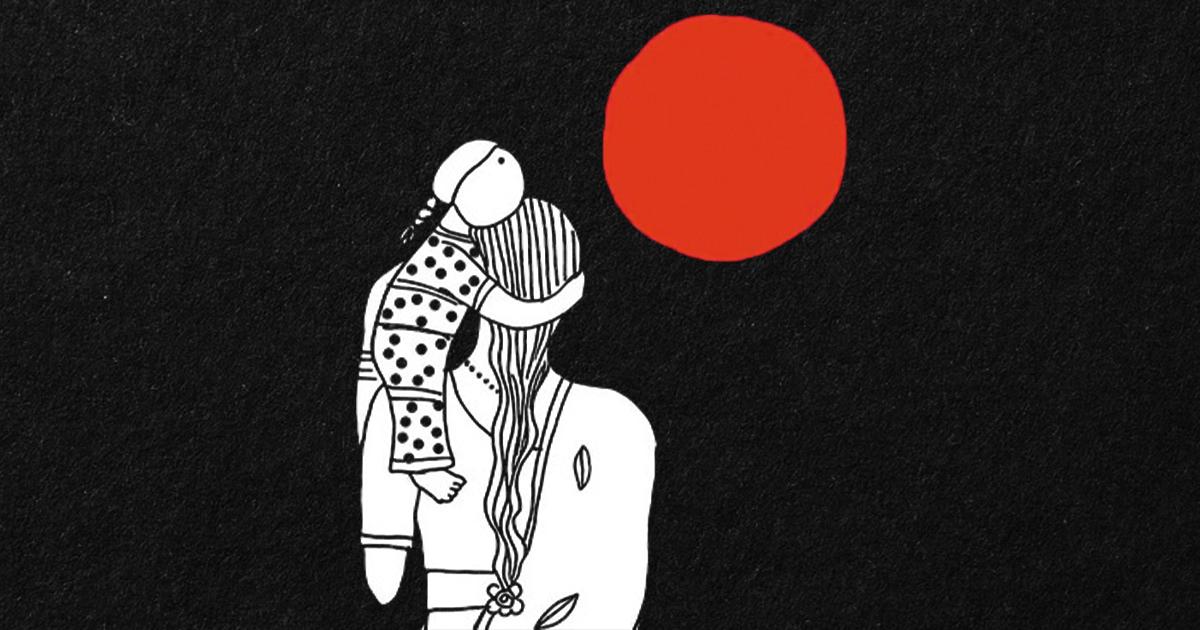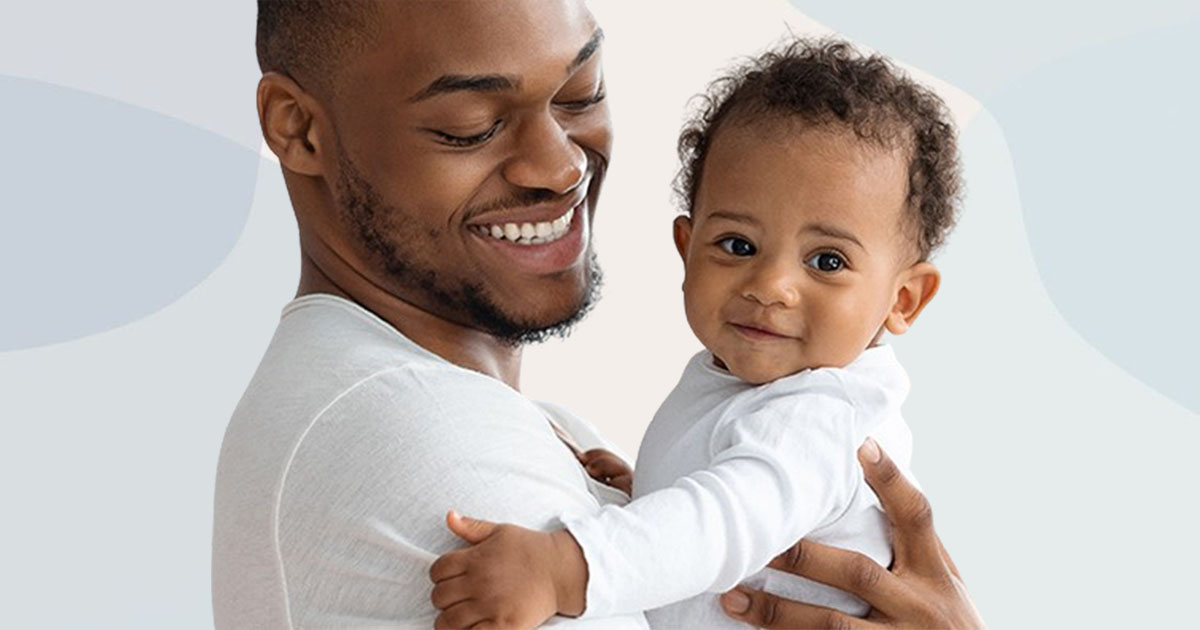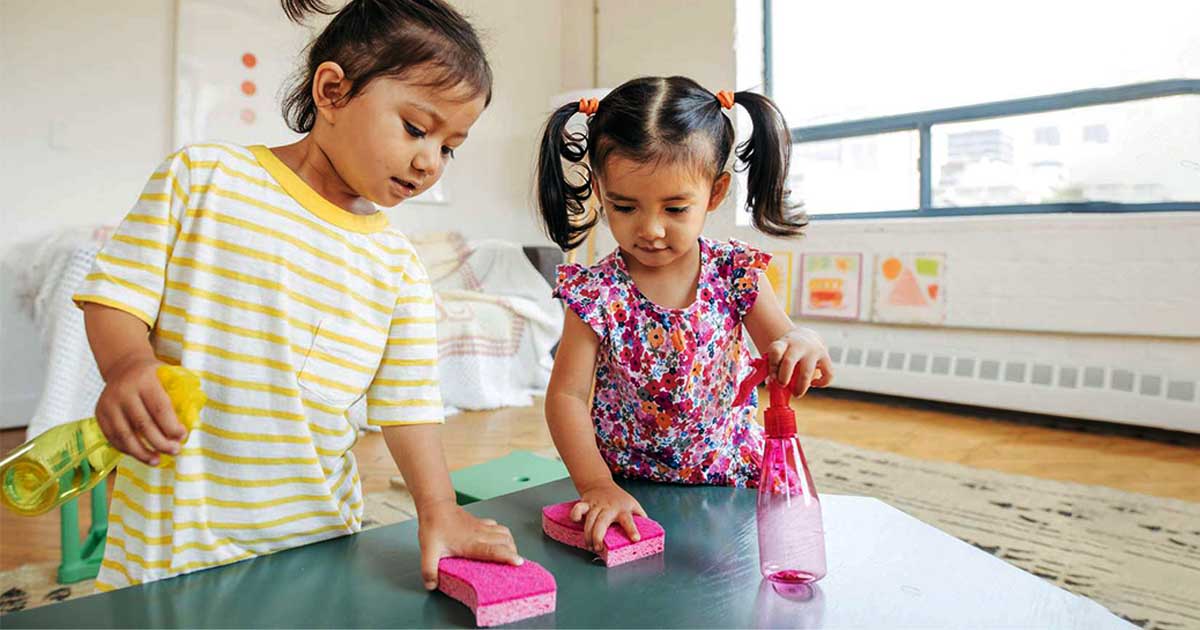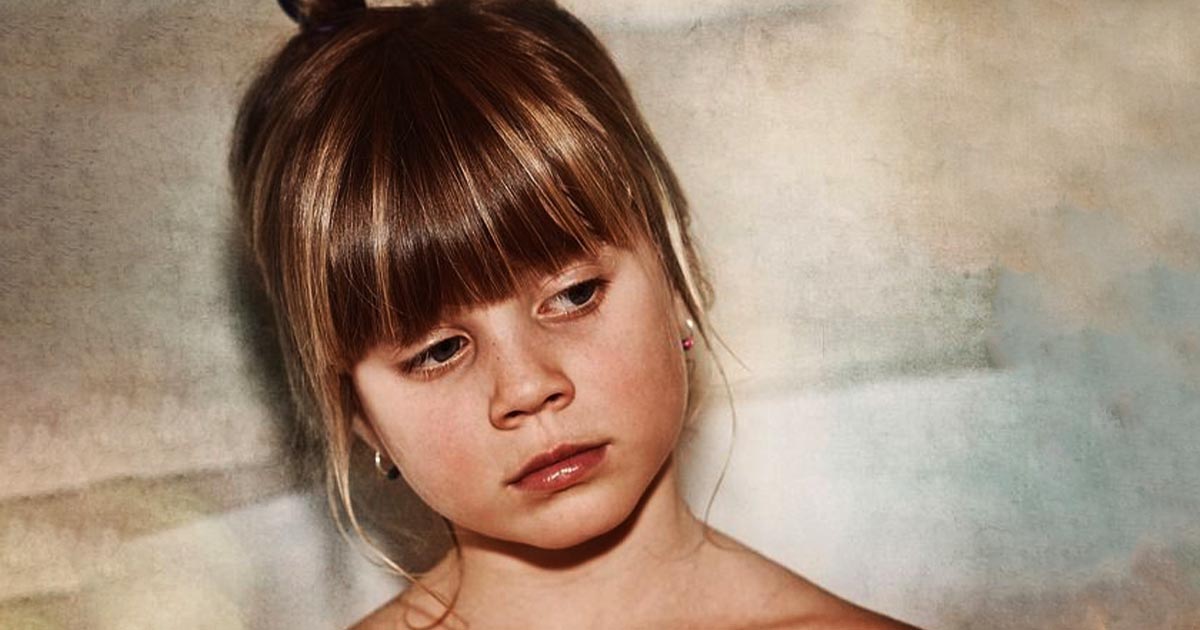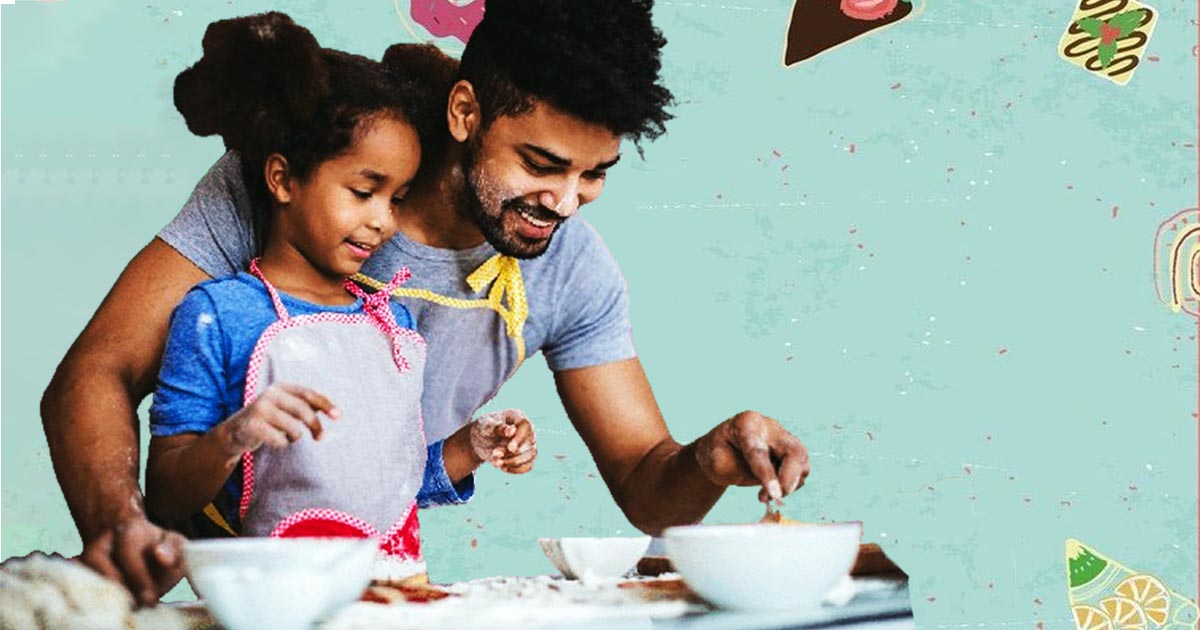When it comes to building a family, deciding between foster care and adoption is a big step. Knowing what foster care is and how it varies from adoption is critical for making an informed decision.
Foster care is all about providing temporary child care during difficult times, but adoption is all about forming long-lasting and deep bonds in order to create families.
Each strategy has distinct differences, and recognizing them is critical to determining what best fits your family’s requirements and objectives.
In this blog we are going to explore the differences between adoption and foster care. Join us as we navigate through the intricacies of foster care and adoption, empowering you to align your choice with the specific needs and aspirations of your family.
Foster Care Meaning
Foster parenting refers to the temporary care of children who, for various reasons, cannot live with their biological parents.
These are situations where children are removed from their homes due to abuse, neglect, or other circumstances that make their living conditions unsafe. Foster parents step in to provide a stable and supportive environment to these kids.
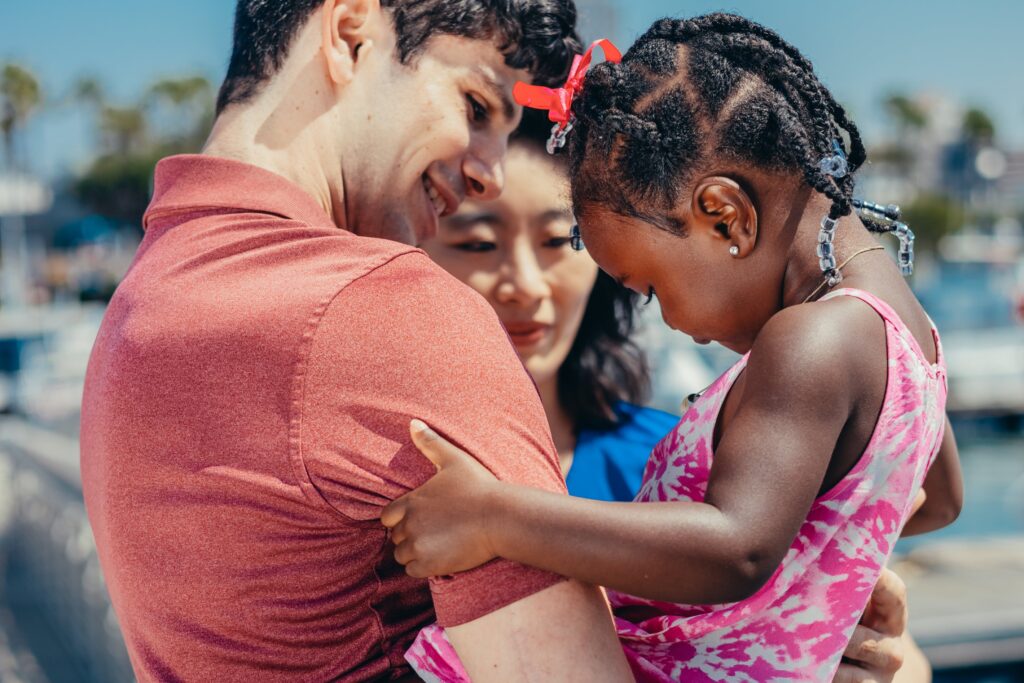
Adoption from the temporary child care system can happen in a couple of ways. One way involves what we call foster adoption or ‘fost-adopt,’ where a family takes in a child with the outlook that the child will become legally free and that the family will adopt them.
In foster parenting, children do not always get adopted by their foster parents. Instead in the temporary child care system, children are sent to foster homes for temporary care.
However, people often confuse foster care meaning with normal adoption. But what are the key differences?
Read More: Understand What Is Parenting And Discover The Most Important Parenting Skills
Foster Care Vs Adoption
Bringing a child into your home can happen in different ways, such as through foster care or adoption. Both are important commitments that provide love and support to children in need.
Foster care and adoption have some key differences, starting with how a child enters each process.
Let us look at the unique features that distinguish foster care vs adoption.
1. Providing Temporary Support
When a child enters foster care, it is because they were living in unsafe or neglectful surroundings. The state or a social service agency takes charge of finding them a foster home.
In foster care, the child’s legal guardian, normally the birth parent, still maintains parental rights. The Government manages these foster care qualifications and keeps them intact unless they place the child for adoption.
This determines decisions about the child’s education, healthcare, and religious upbringing.
Read More: What Is Child Development? Understanding the 5 Crucial Stages of Child Development
2. Granting Permanent Custody
Adoption grants full legal custody and rights to the adoptive parents, making them solely responsible for the child’s well-being.
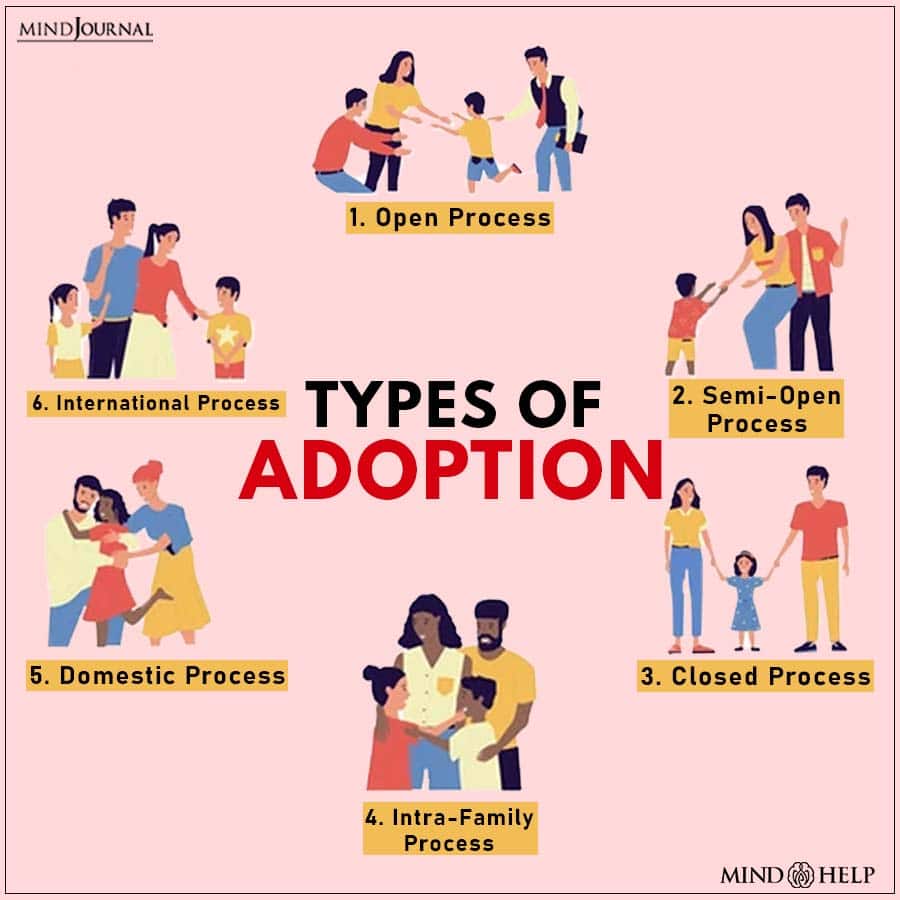
In adoption, the biological parent often plays a role in deciding where to place the child and with whom.
Read More: How To Raise A Child? 5 Step Guide For Raising Happy Kids
3. Duration and Financial Considerations
Foster care is typically a temporary agreement, lasting for varying periods. It can take weeks, years, or more until authorities reunite the child with their biological family or place them in a permanent adoptive home.
Foster parents receive regular stipends from the government to cover essential expenses, while adoption involves out-of-pocket expenses, including adoption fees and the cost of raising the child.
4. Training and Evaluation
Foster parents undergo caregiver and parent foster care qualifications training to ensure they can provide the best care for the child.
While these trainings for parents to understand foster care meaning are available through various organizations, they are not required for adoptive parents.
Read More: How To Be A Great Parent To Your Child?
What Is Foster Care Trauma
Trauma is when something drastic happens, and it messes with how you feel.
For foster kids, the tough part usually starts with being taken away from home and family. But there’s more to it – things like being hurt or not taken care of, and these tough things can come in different ways.
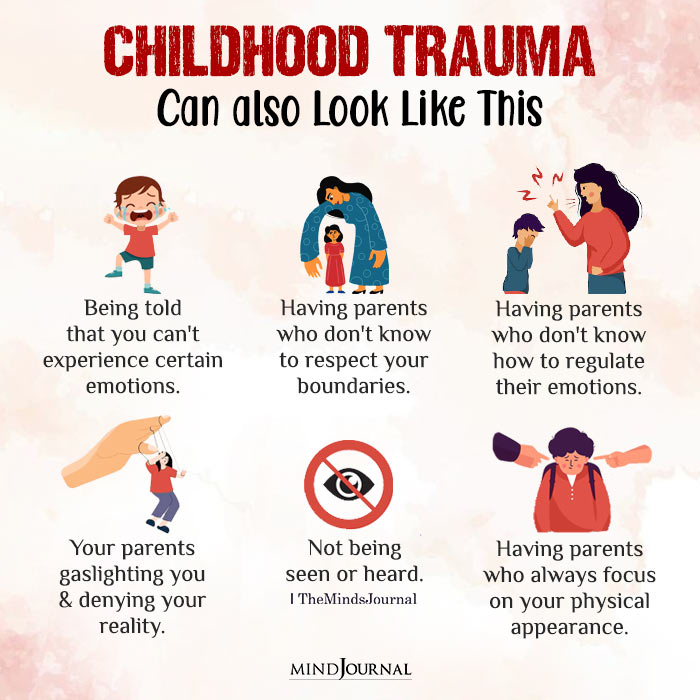
Think about a kid whose parents had problems and left them alone a lot. At the moment, they might feel scared or worried.
Later, these feelings could stick around and make it hard for them to trust people or make friends. It might even make them suffer from childhood mood disorders.
Even though tough things happened, there’s hope. With the right help and people who care, kids can start feeling better.
If you are thinking of becoming a foster parent, it is important for you learn the foster care meaning.
Read More: What Is Childhood Trauma? 4 Signs of Lingering Childhood Hurt
Foster Care Qualifications
If you are thinking about becoming a foster parent, it is great that you want to in a child’s life.
Here’s a simple guide to help you understand what is foster care meaning and the things involved and the qualifications you will need.
1. Age Matters
To be a foster parent, you need to be at least 21 years old. It is one of the first things they look at to ensure you’re ready for the responsibility.
2. Keeping Good Health
Everyone in your home, including you, must be healthy. A doctor’s note saying you are all in good health is usually required. They want to ensure everyone is ready to take care of a child.
3. Balancing Work and Care
If you work, that is okay! But you need to have a plan for who will take care of the child when you are at work. They want to ensure the child is always looked after.
4. Family Matters
Changes in your family situation, like getting married or other big changes, should be shared with the people in charge. They will consider how these changes might affect your ability to be a foster parent rank your foster care qualifications.
Read More: What Are Step Families And Tips For Happy Step Family
5. What Others Say About You
They will ask for three friends who can vouch for you. These friends should say you are a good person, responsible with money, and good with children.
It is like a little reference check. Before you jump in, they will chat with you about why you want to be a foster parent and if you understand what is the foster care meaning.
Be Ready For Background Checks
Before being a foster care parent for temporary child care system, the local authorities would want to conduct background checks on you.
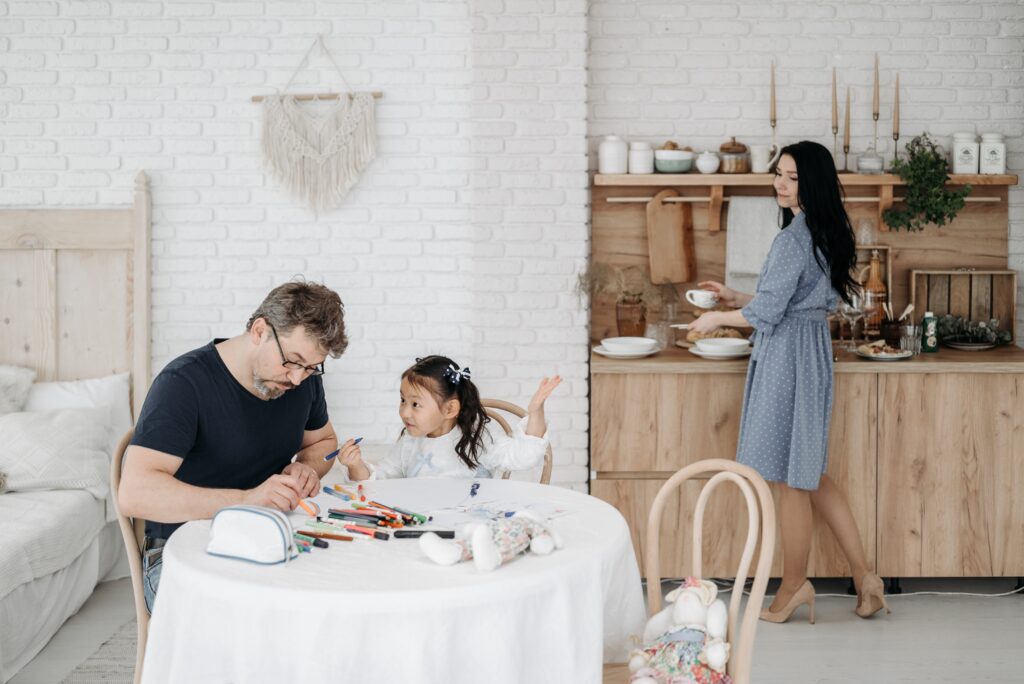
They want to ensure you’re ready for the changes it might bring to your life and that you have an understanding regarding the foster care meaning and your responsibilities.
If you are related to the child, like a grandparent, aunt, or uncle, you can still be a foster parent. They value keeping family connections strong.
They will check if you and everyone in your home have a clean record when it comes to child abuse. This is to ensure the safety and well-being of the child.
Once you decide to participate in temporary child care, there will be a meeting to help you learn more about being a foster parent. The whole process, from the first study to saying yes, usually takes about two months.
Choosing foster parenting is a big decision, and the authorities want to ensure you’re fully prepared for this important role.
Your willingness to open your home to a child in need is a wonderful thing, and the process is designed to ensure it’s a positive experience for both you and the child.
Read More: What Are Family Dynamics? Is Your Family Dynamics Uplifting or Weighing You Down?
What Really Works For Families
When considering the options of foster parenting and adoption, it’s crucial to evaluate their unique characteristics and the impact they have on the well-being and effective child development.
Deciding to grow your family through adoption or foster parenting is a big step, and it comes with a bunch of things to think about.
1. What Really Matters to You?
Think about what’s most important to you. Is it the cost, the age of the child, or the chance to have an open relationship with the birth parents?
Knowing your priorities is like having a guide to help you choose between private adoption and foster adoption.
Read More: What Is A Single Parent Family? Understanding It’s Advantages and Disadvantages
2. Temporary or Forever?
Ask yourself if you want to provide a temporary home or if you’re all in for adopting a child permanently. Remember it can result in severe foster care trauma for the child.
Foster parenting often involves taking care of a child for a while, which is super important. But if you’re dreaming of a forever family, private adoption might be more your thing.
3. Consider Your Finances
Money can be a touchy subject, but it’s crucial to talk about it. Foster care is generally less expensive than private adoption, whether it’s local or international.
Remember, though, that money isn’t the only thing to consider. Your goals and what you want from the process matter too.
4. Parenting an Older Kid
If you’re thinking about fostering or adopting, keep in mind that many waiting kids in foster care are around 8 years old.
These kids have their own stories and might need some extra care. It’s a unique kind of parenting, and you need to be ready for it.
Read More: Positive Parenting Tips For Toddlers – 10 Parenting Insights You Can’t Miss
5. Dreaming of a Newborn Baby
If your heart is set on cradling a tiny baby, domestic infant adoption is usually the way. Foster care does have babies and toddlers available for adoption, but it’s not as common.
In private adoption, you might even be there for your baby’s first moments.
Read More: What Are Baby Blues? 13 Signs And Tips To Recover From It
A Word From Mind Family
As we wrap up our talk about foster care and adoption, let’s focus on what really matters for families like yours.
Think about what’s most important to you. Is it the cost, the age of the child, or having an open relationship with birth parents? Knowing your priorities helps you decide between private adoption and foster adoption.
If you’re thinking about fostering or adopting, keep in mind that many waiting kids in foster care are around 8 years old.
Finding the best path depends on your family’s unique circumstances and what’s in the child’s best interest. Consider factors like family dynamics, long-term commitment, and the child’s age, health, and history.
Frequently Asked Questions (FAQs)
1. What is foster care meaning?
Foster care is a temporary system organized through courts or social service agencies. It aims to provide a haven for children, often with the goal of reuniting them with their birth family.
2. What are the foster care qualifications?
To become a foster parent, you need to be at least 21, in good health, and able to balance work and care. Family matters, and background checks ensure a safe environment.
3. What is foster care trauma?
Foster care trauma refers to the emotional response of children separated from their home and family. This trauma can result from various experiences, such as abuse or neglect.
4. What is the difference between foster care vs adoption?
Foster care is often temporary, with the child’s legal guardian maintaining parental rights. Adoption, , grants full legal custody to adoptive parents, resulting in a permanent commitment.
5. What to consider before adoption or foster care?
Consider what matters most to you, whether it’s cost, the child’s age, or having an open relationship with birth parents. Decide if you’re ready for a temporary commitment or a permanent adoption. Your unique priorities guide your choice between foster care and adoption.
